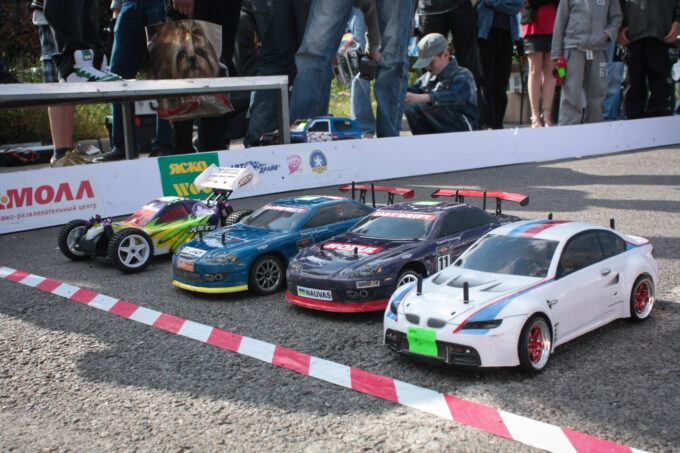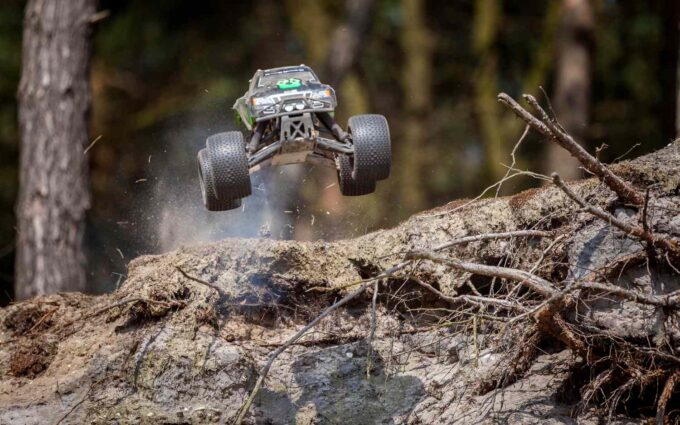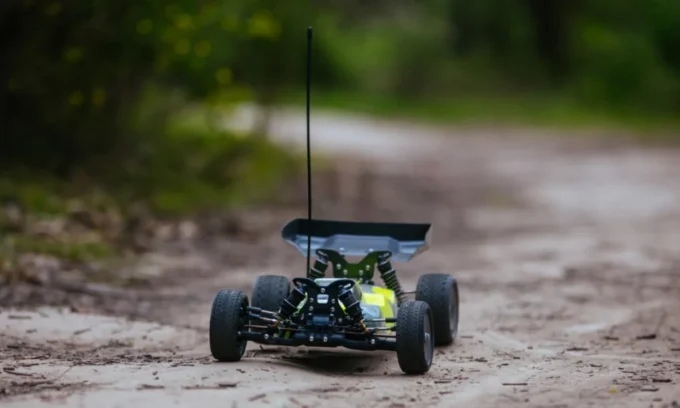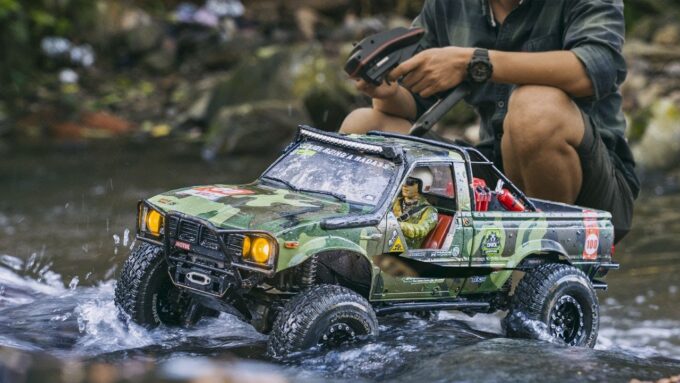This article aims to be your go-to diagnostic manual, offering insights into regular issues such as battery problems, motor troubles, steering challenges, and structural integrity concerns. Whether you’re a beginner struggling with your first setup or a seasoned racer looking to fine-tune your machine, this guide provides step-by-step advice to ensure that your car is always in top condition.
Understanding Your RC Car

Before diving into the intricacies of troubleshooting, it’s crucial to have a fundamental understanding of your automobile’s anatomy. A great RC car is comprised of several key components:
- The motor, which drives the vehicle.
- The battery, which provides the power.
- The electronic speed controller (ESC) regulates the power of the engine.
- The transmitter and receiver facilitate remote control.
- The servos control steering and other functions.
Knowing how these parts interact is essential for effective troubleshooting. For instance, a problem with steering might not just be a servo issue; it could stem from the receiver or even the transmitter. Similarly, understanding the difference between a brushed and brushless motor helps in diagnosing performance problems accurately.
Hence, this basic knowledge forms the foundation of your troubleshooting skills. As we explore common issues in the following sections, keep in mind how these components work together in your RC car, and you’ll be better equipped to identify and resolve problems swiftly.
Common Issue 1: Battery Problems

Among the myriad of issues that can plague RC cars, battery problems are perhaps the most common. Recognizing these malfunctions quickly is critical, as they are the impetus of your vehicle. Symptoms can range from a noticeable decrease in running time to a complete lack of power.
The first step is to inspect the connections. Ensure that all connections are secure and free from corrosion. Loose or corroded ones can impede power flow, leading to performance issues. Next, examine the battery itself. Check for any signs of damage, such as swelling or leakage, which are clear indicators that the cell needs replacement.
If the external examination doesn’t reveal any issues, the next step is to test the battery’s health. A voltmeter can be used to check the voltage. If it is significantly lower than what’s expected for a fully charged battery, it’s a sign that it is nearing the end of its life.
Regular maintenance, such as proper charging and storage, can extend the life of your RC car’s battery. Avoid overcharging and store it in a cool, dry place when not in use.
Common Issue 2: Motor Troubles
Source: exhobby.com
Another common problem is the motor not working as it should, whether it’s stuttering or just not working; this is a major concern, and if you don’t troubleshoot it correctly, it can be an expensive issue. This can manifest in various ways, including overheating, noise, or a lack of power.
When diagnosing, start by visually inspecting the motor. Look for signs of physical damage, overheating (such as discoloration), or debris that might be blocking its movement. Ensuring the engine is clean and free from obstructions is a simple yet effective step in maintenance.
If the motor appears physically intact, the next step is to check the electrical connections. Loose or damaged wires can cause intermittent or complete loss of power. Re-securing or replacing these wires can often resolve the issue.
In some cases, the problem might be internal, such as worn brushes in a brushed motor. These components can wear down over time and may need replacement. For brushless motors, issues could be more complex and might require professional assessment, especially if there are electronic failures.
Common Issue 3: Steering and Control Challenges

Control issues in RC cars can be particularly frustrating, as they directly affect the handling and responsiveness of the vehicle. Common signs of steering problems include unresponsive or erratic behavior, which can be due to a variety of factors.
The first step in addressing these issues is to check the servos – the small motors that control steering and other movements. Ensure that the servos are properly connected and functioning. Sometimes, simply reseating the servo connections can resolve unresponsiveness.
If the servos appear to be in good condition, the next area to inspect is the remote control system. Issues with the transmitter or receiver can lead to steering problems. Check for any visible damage, and ensure the frequency settings are correctly tuned. Also, make sure the batteries are not running low, as this can significantly impact responsiveness.
Regular maintenance, like ensuring clean and secure connections and checking for wear and tear on moving parts, is crucial. Over time, components like servos can deteriorate and might need replacement. Also, keep in mind that environmental factors like dirt or moisture can affect the electronic elements, so keeping your car pristine is essential for optimal performance.
Advanced Troubleshooting Techniques

Advanced troubleshooting techniques become essential for RC enthusiasts facing more complex issues. These problems might include electronic failures or signal interference, which require a deeper understanding of the car’s systems. When dealing with such intricate concerns, it’s important to methodically check each component, starting from the most common failure points like the ESC or the receiver.
Utilizing specialized equipment, such as a multimeter for electrical diagnostics, can be invaluable. However, there are instances where the problem may surpass typical DIY solutions. In such cases, consulting with a professional or referring to specific model guides is advisable. Additionally, participating in online forums or communities can provide insights from experienced hobbyists who may have encountered similar challenges. Similarly, an RC hobby store like RC Visions can often give good deals on replacement batteries and other elements.
Remember, understanding the limitations of your own troubleshooting skills is just as important as diagnosing the problem itself. Sometimes, seeking expert advice can save time and prevent further damage to your RC car.
Conclusion
Effective troubleshooting is key to enjoying the RC car hobby. Regular maintenance and a methodical approach to diagnosing issues ensure your vehicle remains in prime condition. Embrace these challenges as part of the experience, and you’ll find even greater satisfaction in this thrilling and rewarding activity.







